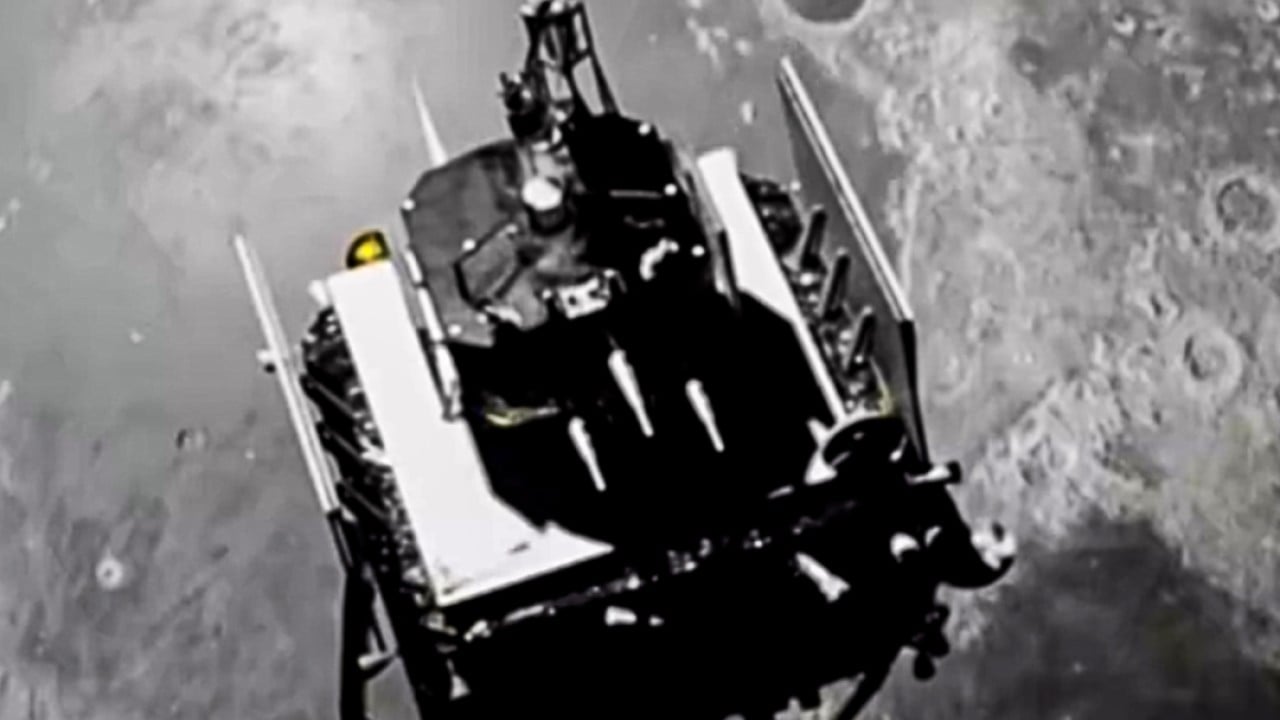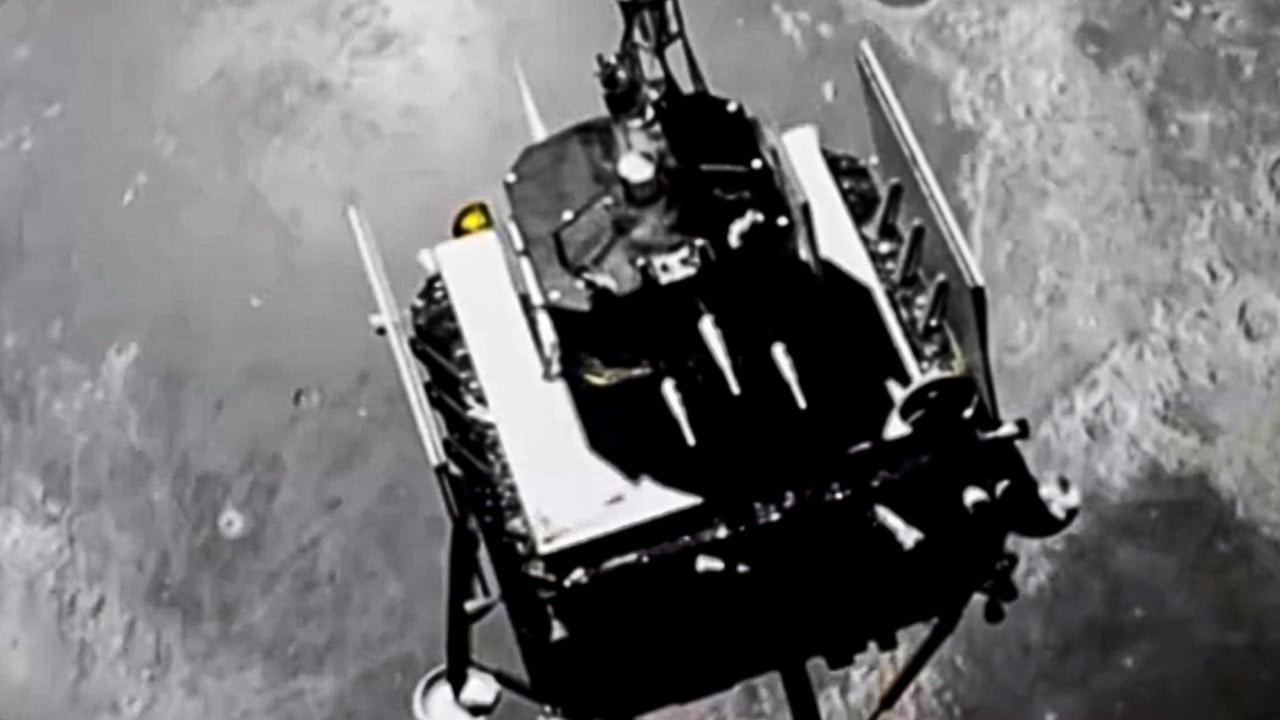China and Russia have held talks on the “peaceful use of outer space”, agreeing to boost cooperation in the sector.
Thursday’s meeting in Moscow covered areas such as “international legal regulation, as well as ensuring the long-term sustainability and safety of space activities” and the agenda of the UN Committee on the Peaceful Uses of Outer Space, according to the Russian foreign ministry.
“An agreement was reached to strengthen coordination in this area both bilaterally and at specialised multilateral platforms,” the statement added.
China was represented by Ma Xinmin, director general of the Chinese foreign ministry’s department of treaty and law, who discussed “issues of common interest relating to the peaceful use of outer space” at the meeting, the first ministerial-level consultation of its kind.
At an earlier meeting in February the two countries “stressed the need to continue close cooperation and active joint efforts to prevent an arms race in outer space and its weaponisation”, according to Moscow.
The two countries have also been pushing for closer cooperation in other emerging sectors such as artificial intelligence, critical materials and biosecurity that could define future geopolitical rivalries.
Outer space was one of the arenas for confrontation during the Cold War, when the Soviet Union and the United States developed and tested anti-satellite weaponry, and more recently, Washington has accused Beijing and Moscow of militarising space.
In June, Space Command chief General Stephen Whiting warned there was “a growing sense of cooperation in the space sphere” between Russia, China, North Korea and Iran.
“As we’ve seen Russia struggle on the battlefield in Ukraine, it appears that they’ve gone to these other countries … looking for assistance, and maybe they’re willing to share or cooperate more in the space sphere. Certainly, that’s of concern to us,” Whiting said, according to Air & Space Forces Magazine.
Since ties with the West soured following Russia’s annexation of Crimea in 2014, Moscow has increasingly looked to China, which has ambitious plans for its space programme.
Their cooperation includes a commission on satellite navigation and a 2016 deal on space technology intellectual property.
In 2019, they agreed to establish a data centre for lunar and deep space exploration focused on the moon and Mars, and in 2021 they began working on plans to set up a research station on the moon. A dozen countries have joined or applied to join the latter initiative, including Azerbaijan, Belarus, Egypt and Turkey.
In March, Yury Borisov, the head of Russia’s space agency Roscosmos, said the two sides were also considering putting a nuclear power plant on the moon that he said could one day allow lunar settlements to be built.
Meanwhile, the two countries have frequently criticised US policies on space weaponisation.
In April, China abstained and Russia vetoed a US and Japan-sponsored draft resolution at the United Nations Security Council that urged countries to refrain from developing or deploying weapons of mass destruction in space.
The two countries also expressed “serious concerns” over the US deployment of anti-missile systems in space in a joint statement published after President Vladimir Putin’s visit to China in May.



